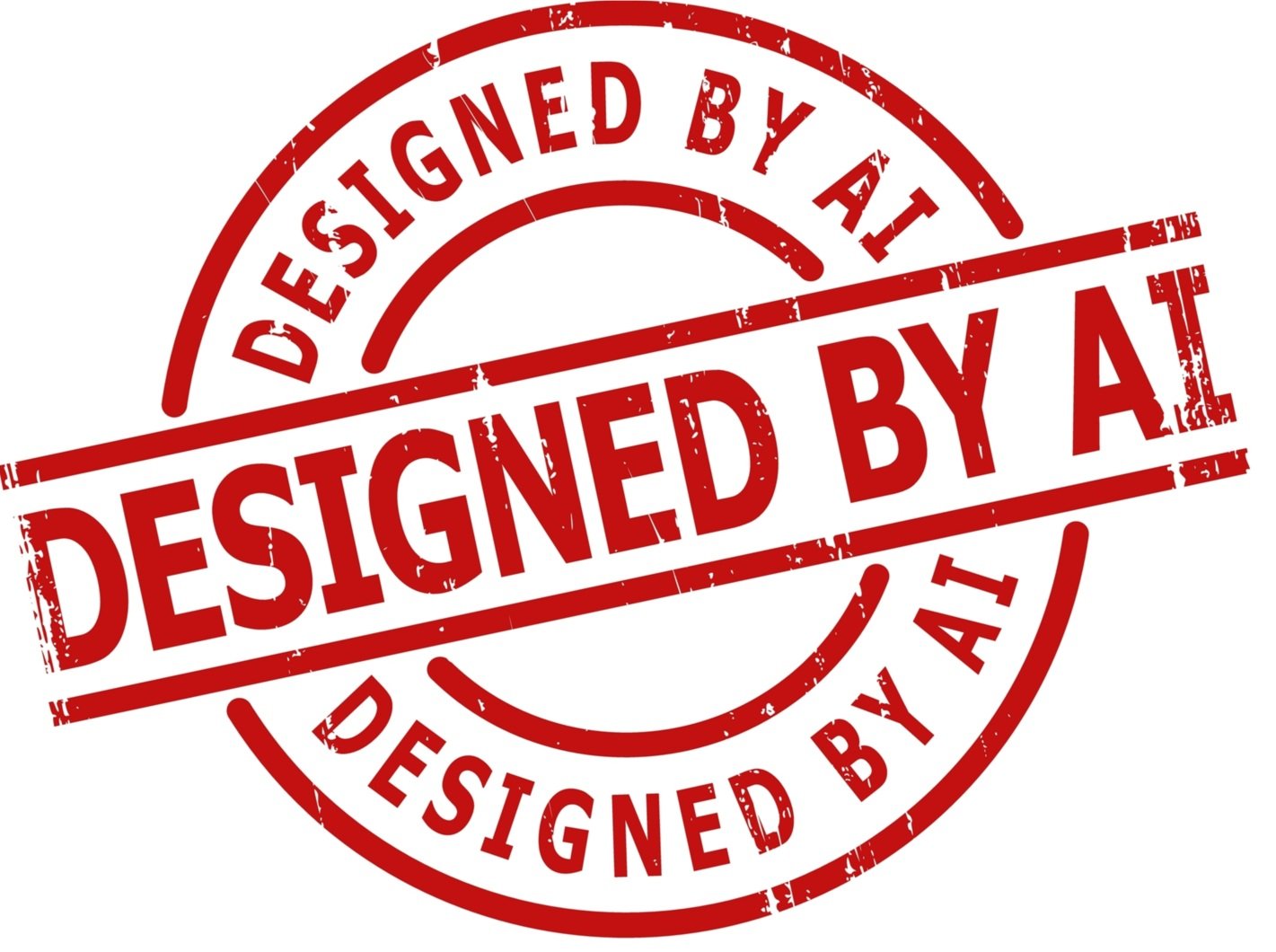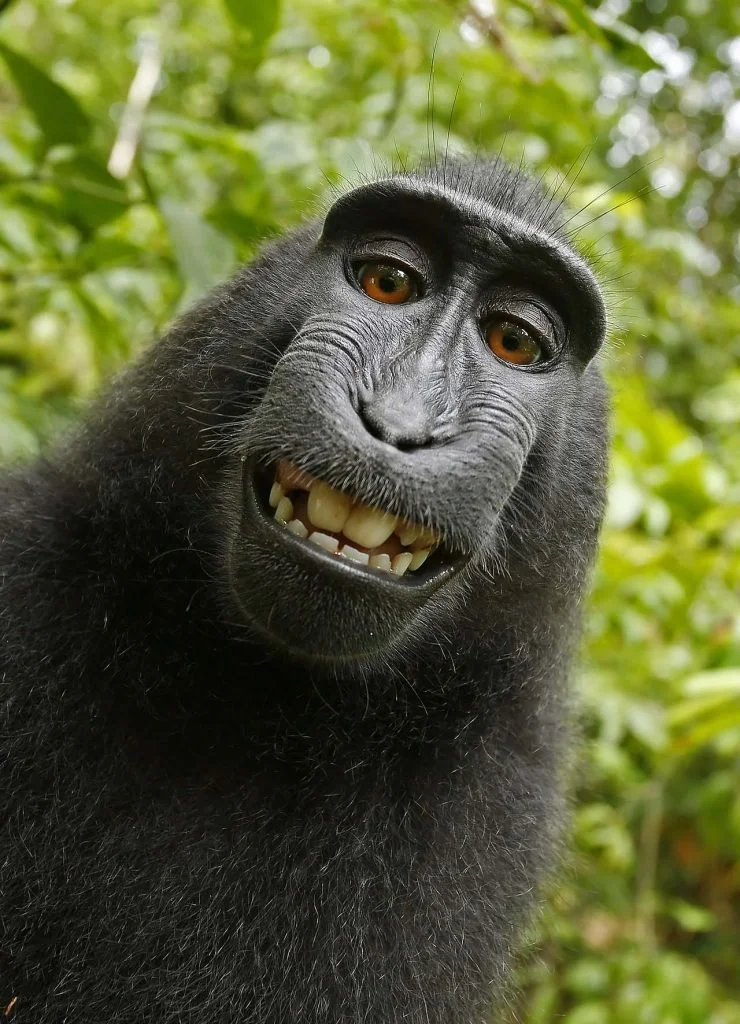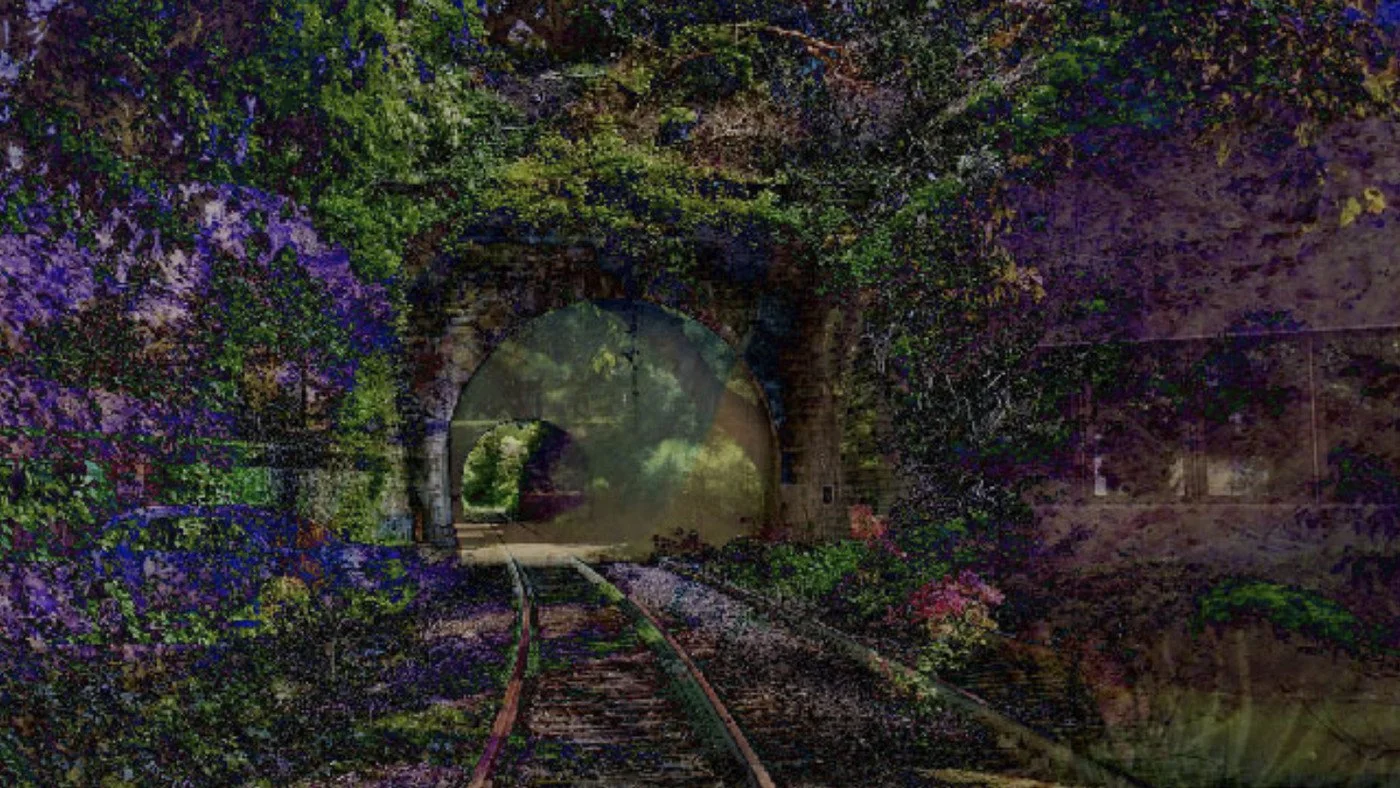Are Works Created By AI Protected by Copyright?
Creative works have long been produced by humans using tools, such as paint brushes, pencils, musical instruments, chisels, cameras, CNC equipment, and computer software. These works have been protected by U.S. Copyright law despite use of these tools, as the tools rely on the input of a human to create the work, and that human is the “author” of the work for purposes of copyright.
With the emergence of Artificial Intelligence (AI) in recent years, creative works can now be produced based on decisions made by the tool itself, without specific direction from a human author. This is referred to as a neural network, in which a series of algorithms endeavor to recognize underlying relationships in a set of data through a process that mimics the way the human brain operates.
This raises the question of whether such tools can create a “work for hire” for a human owner, such that the work is protected by U.S. copyright law, even though no human is directly involved in the creation of the work.
U.S. Courts Have Uniformly Held That Copyright Protection Requires a Human Author
The Copyright Act provides protection to “original works of authorship” but Congress purposely left the meaning of that phrase undefined. However, Courts interpreting the Copyright Act have uniformly limited copyright protections to creations of human authors and have considered the “nexus between the human mind and creative expression” as a prerequisite for copyright protection. The U.S. Copyright Office has followed the Courts and will not register works produced by a non-human, machine, or mere mechanical process without creative input from a human author.
In one widely reported case in 2016, the court upheld this rule and held that a “selfie” photo taken by a monkey without any human intervention was not protected by copyright.
The U.S. Copyright Office Recently Affirmed That AI-Created Works are Not Protected by Copyright
On February 14, 2022, the U.S. Copyright Office addressed this issue specifically as it relates to works created by AI in a case involving the following two dimensional artwork titled “A Recent Entrance to Paradise”:
In the application to register copyright, the author of the work was identified “Creativity Machine,” with a human listed alongside a transfer statement: “ownership of the machine.” The applicant further stated that the work “was autonomously created by a computer algorithm running on a machine” and the applicant was “seeking to register this computer-generated work as a work-for-hire to the owner of the Creativity Machine.”
Citing the century long history of courts and federal agencies refusing to grant copyright protection to non-human authors, and refusing to change the rule, the Copyright Office held that works that are created by AI are not protected by copyright, and that the applicant had failed to provide evidence that “A Recent Entrance to Paradise” is the result of human authorship.
What Does this Mean for AI-Created Works?
Because they are not protected by copyright, AI created works are in the public domain (at least in the United States) and can be freely used or sold by anyone. Of course, one must be careful to confirm that the work was not created with any input from a human, which could mean that the work is protected by copyright.



